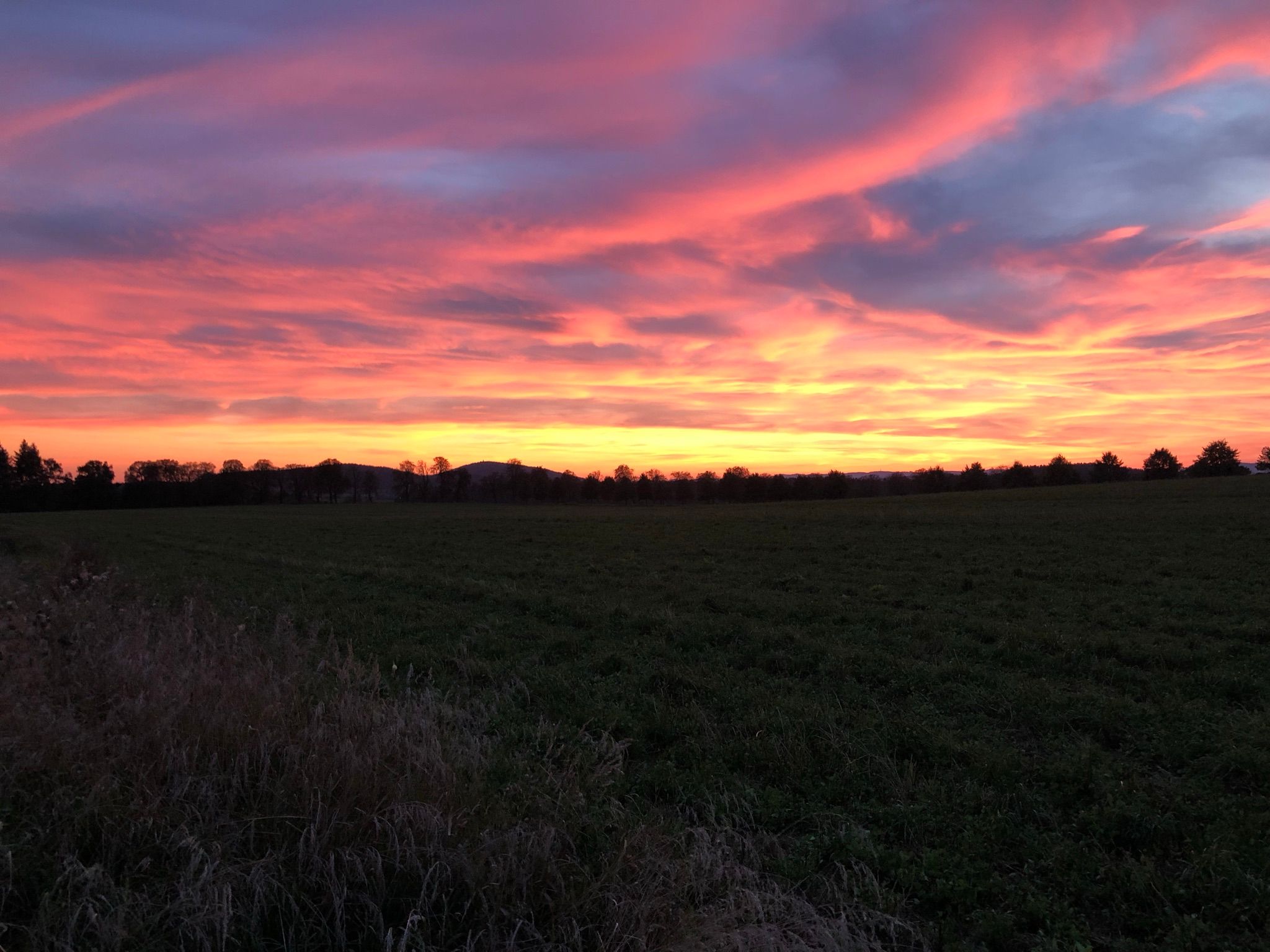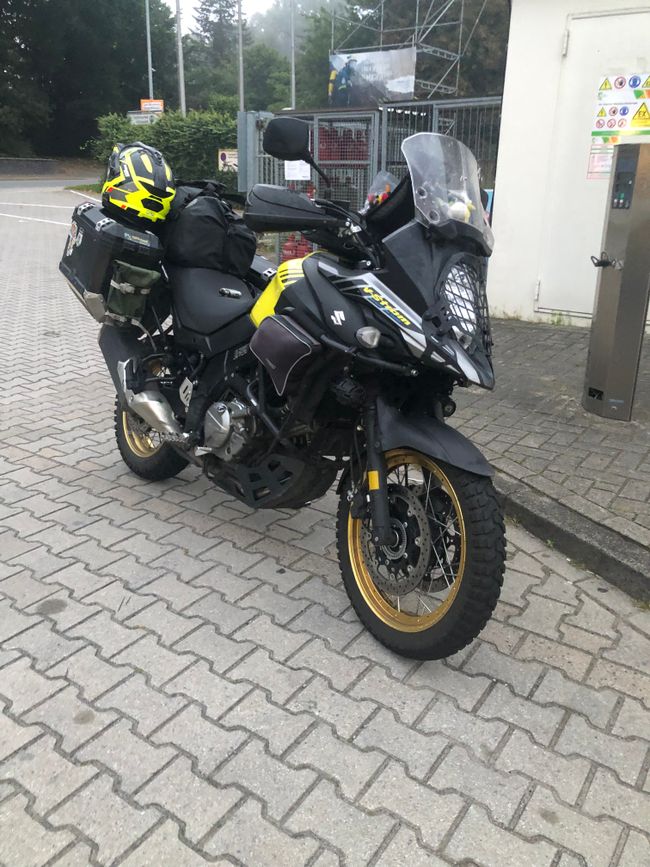Through the Romanian breadbasket
Објавено: 27.06.2022
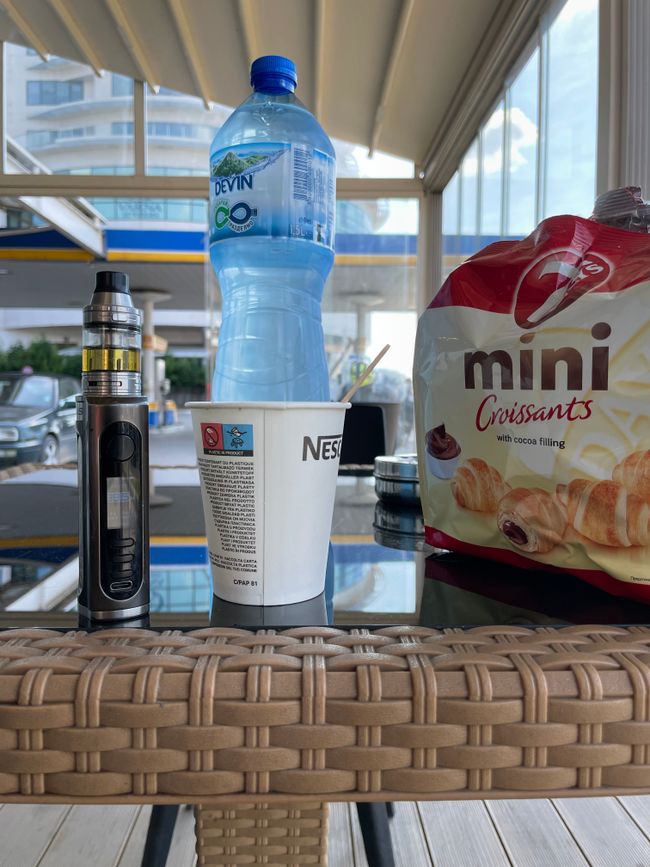
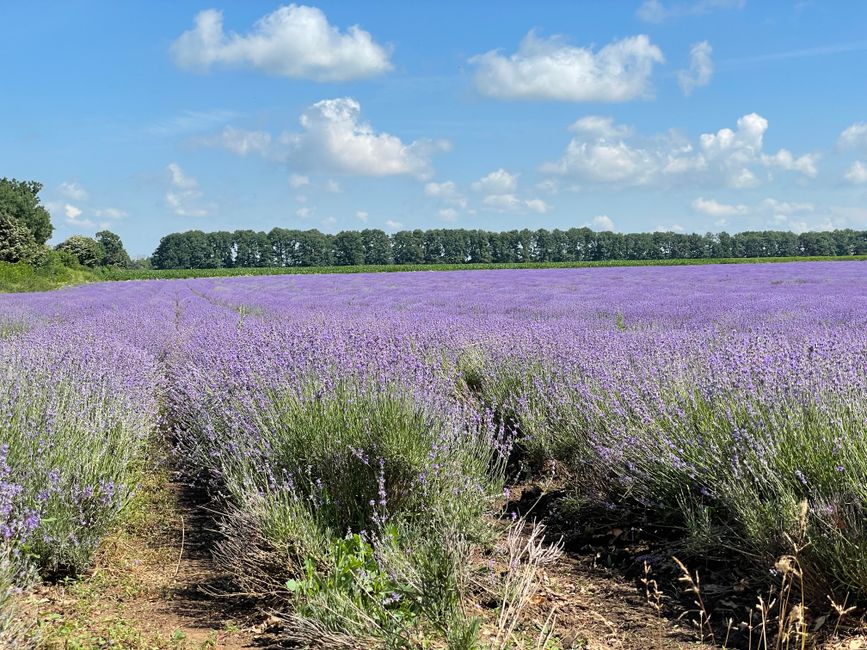
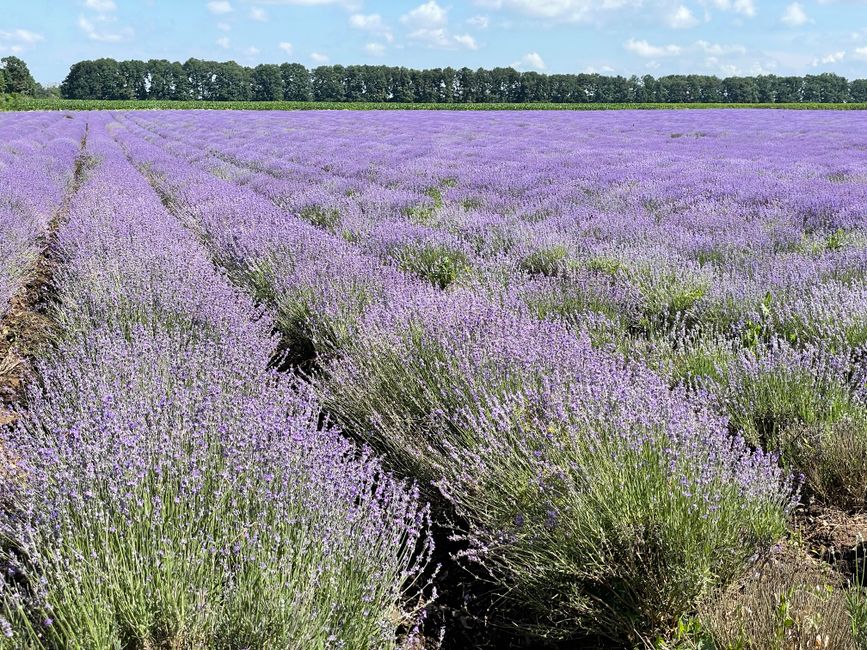
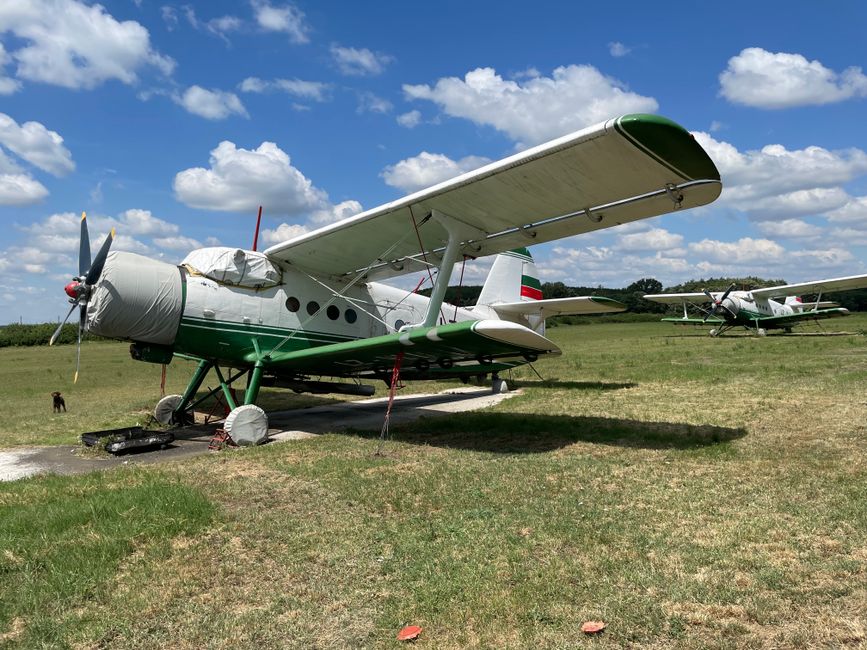
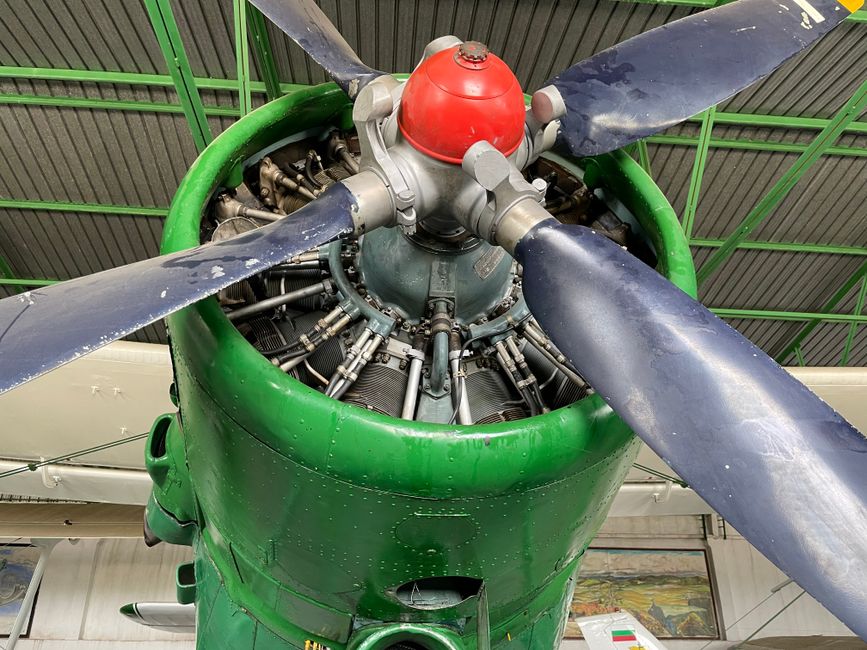
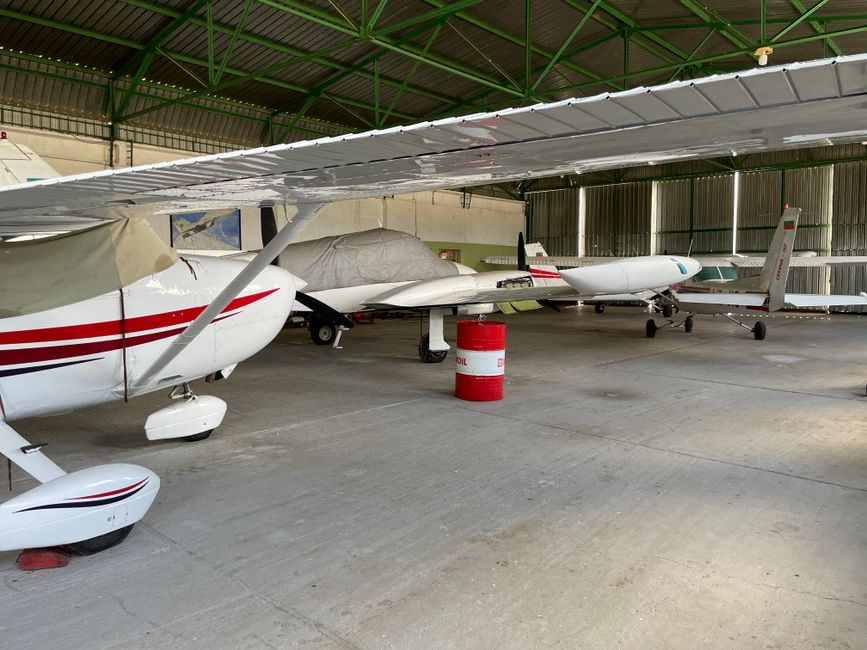
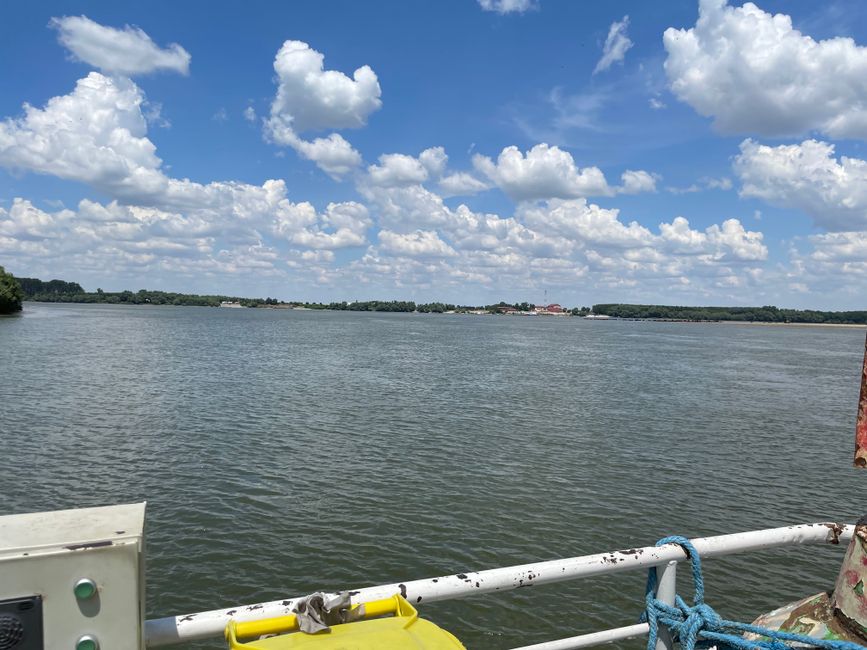
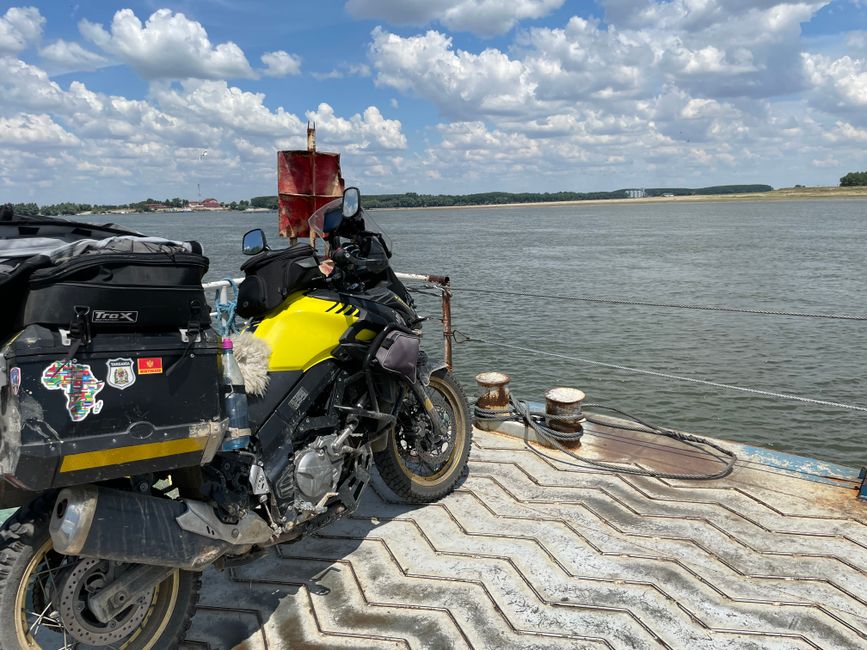
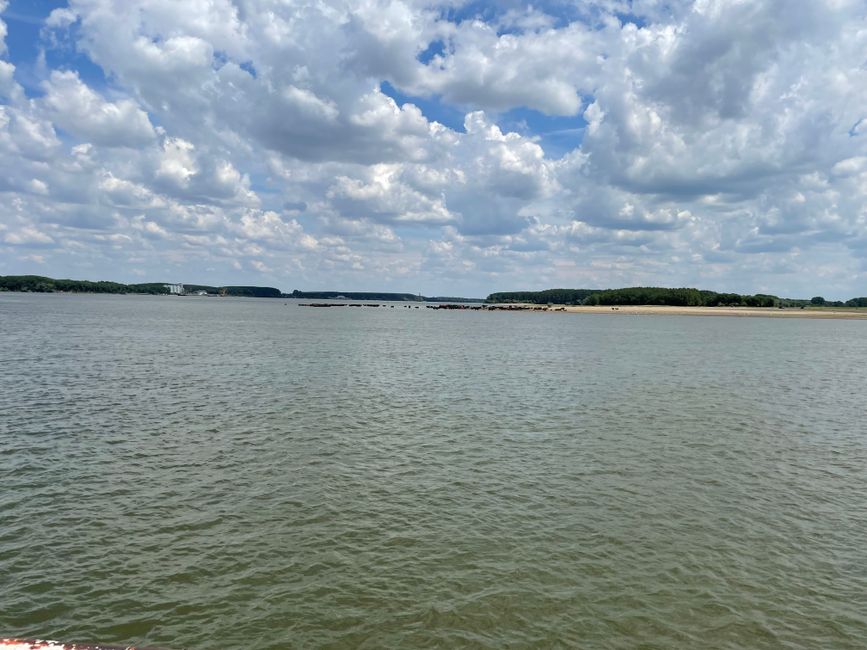
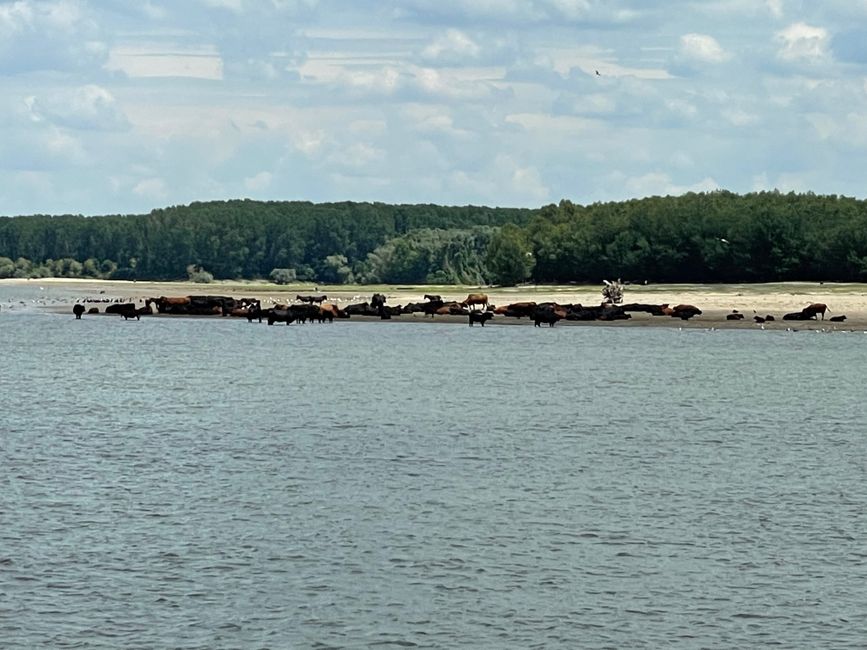
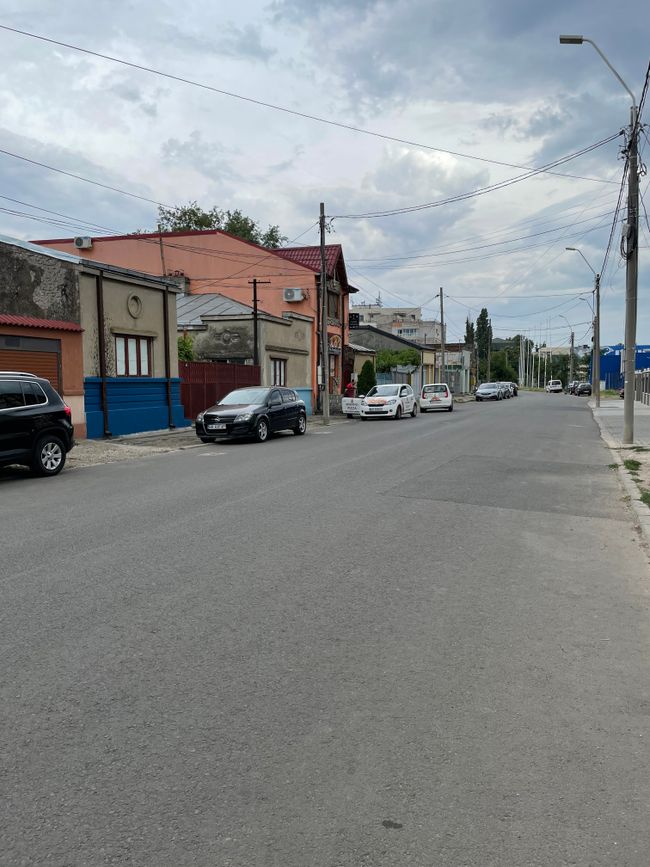
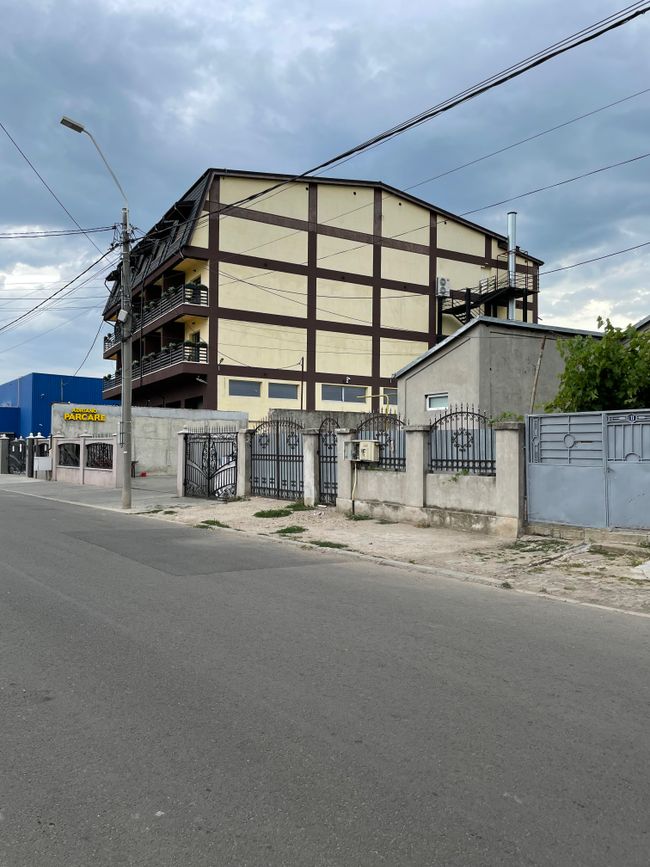
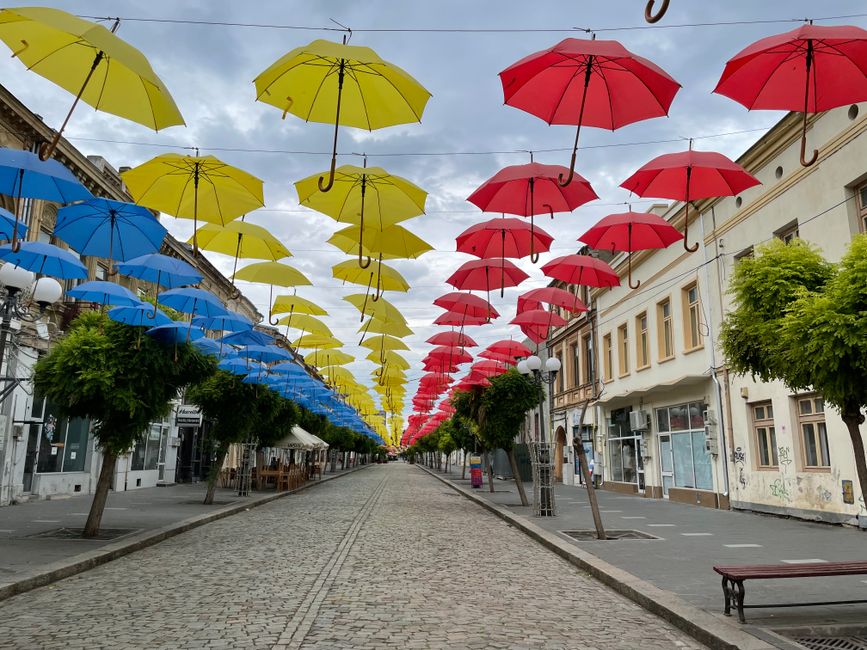
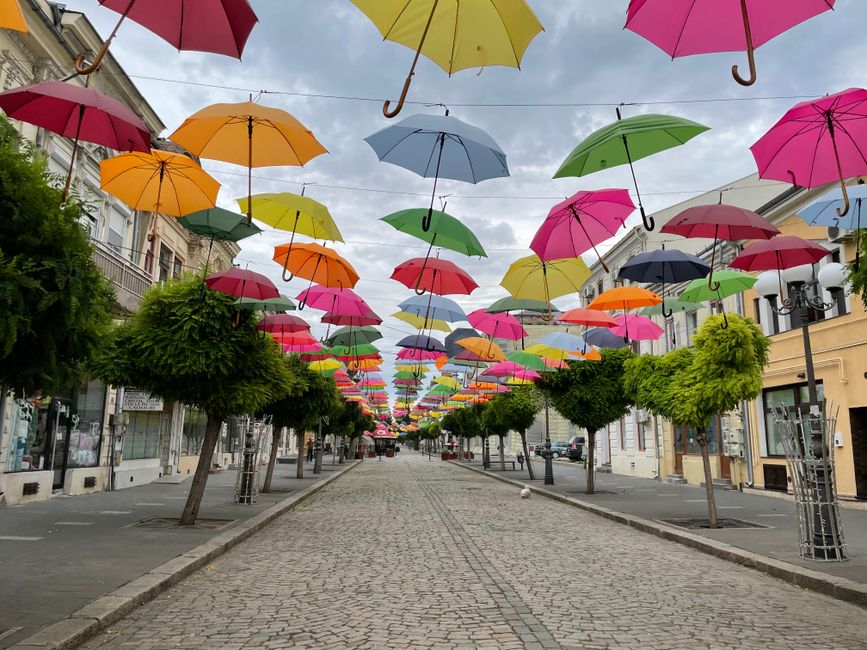
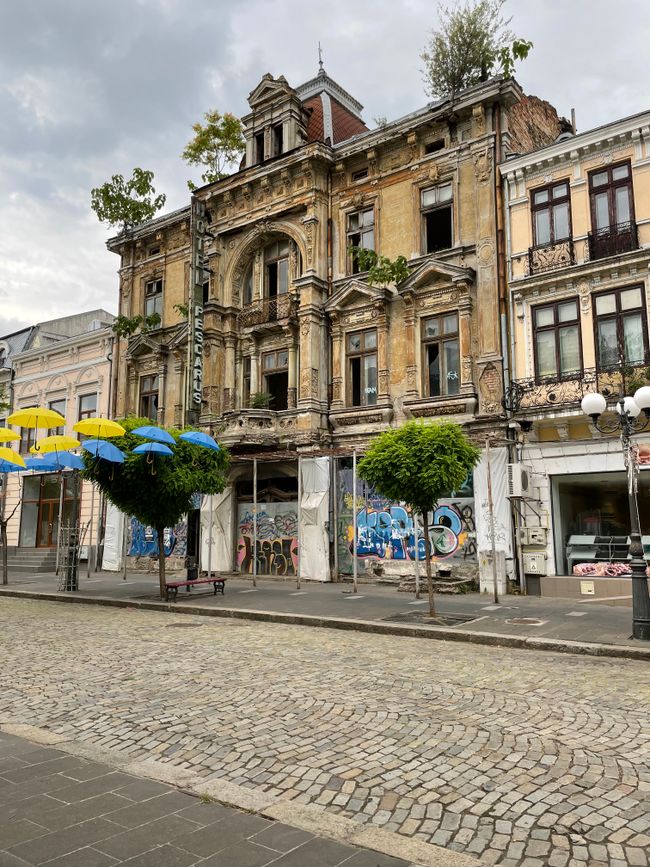
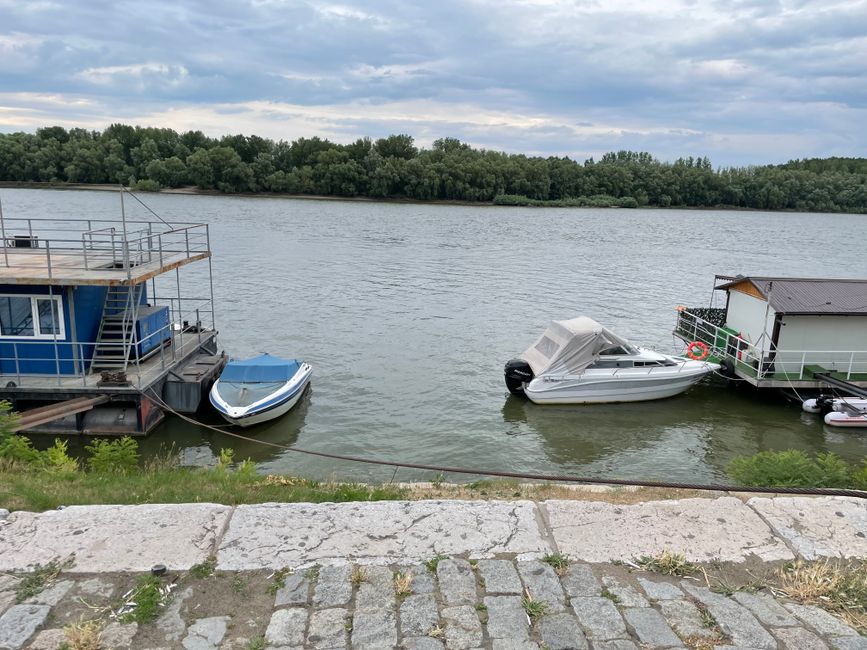
Претплатете се на билтенот
Started off promising this morning. After a few kilometers, my navigation system told me to turn onto the dirt road, which I did. At first, it was a well-maintained gravel road that turned into a dirt lane. From there, it became an unpaved field, the path was over, but the navigation system didn't think so. At the end of the field, I could see two faint tire tracks. I stepped on the gas and went forward. It was going well, and the path actually continued. At some point, my navigation system said, 'turn left now,' but there was nothing to turn onto. Only upon closer inspection could I see two faint tire tracks in the tall grass. So, I turned left and went through. Then suddenly, there was a horse in front of me, directly tethered on the path. I drove around it in a big arc. After about 30 km, this off-road adventure was over. It was marked as a road in the navigation system, even with a street name. That's how it is here, even the most treacherous dirt tracks have street names. There were also occasional buildings, so these roads must be used, even though they didn't appear to be.
From there, I continued on paved roads to Varna, a port city still in Bulgaria. I had breakfast here, as shown in the first photo. 😬
Then we continued towards the border on a well-built expressway, which felt good after the off-road adventure. On the way to the border, I took a short break, pulled over to the right. A stop sign, an open barrier? I had chosen the entrance to a small airfield as a rest point. Out in the open stood two Antonov biplanes that caught my interest. But can I just cross the runway like that? No, that's not possible. But somehow, someone must have noticed my interest and waved me over. He showed me the planes, including the ones still in the hangar. The aircraft are used for spraying pesticides. After I had seen enough, I thanked him and gave him a 5 Lei tip. He was ecstatic that he could show someone his fabric-covered Antonovs and grateful for the tip.
Then we continued towards the border.
The border crossing went smoothly once again. A Bulgarian officer walked along the line of vehicles and collected passports and vehicle registration certificates. The documents could be retrieved at the Romanian counter, and then we could pass. The next stop was the Danube ferry a few hundred meters away. It usually costs around €3. Since I couldn't exchange money yet and only had euros left, I gave her a €10 note. She thanked me, smiled at me, gave me the ticket, and NO change. When I protested, she smiled again and shrugged. That was an expensive crossing, and she made a profit. 🤗
The ferry was funny. A large pontoon with a driver's cabin. The stern was much lower in the water than the bow. The vehicles to be transported drove onto the ferry, which was moored alongside, transversely to the direction of travel, onto the now level ferry. But how did it suddenly level in the water?
Quite simply, the ferry runs alongside a pontoon that is fixed in the water. On the pontoon, at the height of the bow, there is a hydraulic jack that presses the ferry down, and at the stern, it is lifted by a second hydraulic jack until it is level. Funny, I've never seen that before.
And off we went. The previous evening, I had actually planned a quite curvy route on my notebook, but apparently, the navigation system secretly recalculated 😬. Apart from a few gentle curves, it went straight ahead. There were a few very small towns to pass through, but otherwise, little to no buildings. Instead, there were huge fields of wheat, corn, sunflowers, and lavender. I saw one of the wheat fields on the odometer; it was 5 km long, and I don't know how wide it was because I couldn't see the end. There were no alternate routes. The roads crisscrossed the fields like a chessboard. So, I closed my eyes and went through. At temperatures up to 34 degrees, it wasn't so bad to just drive straight ahead and enjoy the cooling breeze.
By 4:00 PM local time, I had reached the city of Braila, where I booked a nice hotel. After taking a shower, I took a walk. This city of 180,000 inhabitants is once again a mix of extremes. Beautifully renovated houses next to ruins, Eastern European concrete charm next to Wilhelminian-style buildings. Intense.
What should have been a beautiful pedestrian zone is almost dead. Two or three cafes and a handful of shops over a distance of about 1.5 km. By the way, those are the photos with the umbrellas.
Tomorrow, I hope for a more varied route.
Претплатете се на билтенот
Одговори
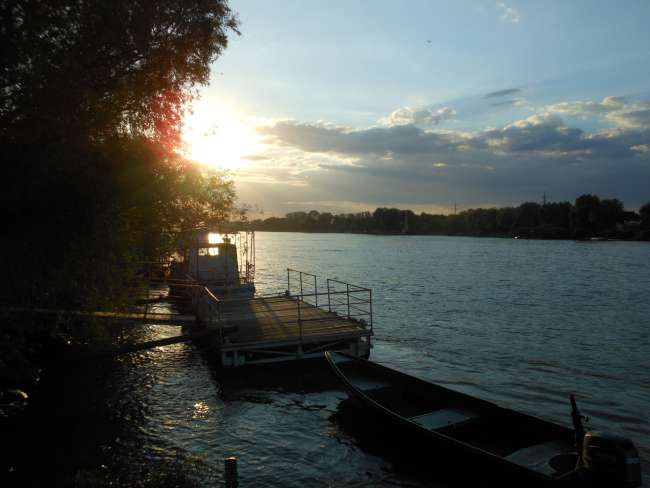
Извештаи за патување Романија
